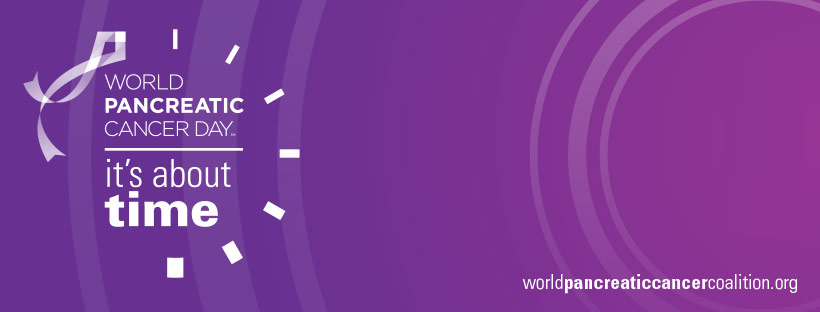November is the month where there is a global reach out to the community to raise awareness of Pancreatic Cancer.
Pancreatic cancer is the 5th most common cause of cancer related deaths in Australia, and the incidence is rising, particularly in women. It has a poor outlook with a median survival time of 11-20 months.
This data is similar around the world where data is collected, and the health community has strived to standardise investigation and treatment to optimise outcomes.
To this end, the raising of community awareness of the early symptoms of Pancreatic cancer, is heightened through the month of November in several countries including Australia, US, UK, European Union and several South American nations.
The Optimal Cancer Care Pathways (OCPs) are developed by the Cancer Council. They bring together evidence-based diagnostic and investigative advice, treatment guidance and options for palliative care and end-of-life care where needed. The aim is to standardise care by providing the right care, in the right place, at the right time, by the right people.
The Pancreatic Cancer pathways have been developed in collaboration with experts from health services, Pancare Foundation and North Eastern Melbourne Integrated Cancer Service. The clinical pathways reflect the OCP aspirations and the evidence-based standards of care.
Primary Healthcare Networks (PHN) across Victoria have developed pathways to provide GPs with guidance on the optimal management of a range of tumour types including the two recently published pages on both suspected and established Pancreatic Cancer. It is our hope that these pages will help inspire early testing when a patient presents with some of the more ambiguous symptoms leading to a Pancreatic Cancer diagnosis. These include: painless jaundice, lower back pain and unexplained weight loss.
HealthPathways serves to enhance the patient journey, encourage active General Practice involvement in clinical workup and pre-referral investigation, as well as reduce referral to hospitals where it may not be necessary.
More information on the recently published OCP pages can be found on the Optimal Cancer Care Pathways page.
- Article by Dr Geoff Broomhall
